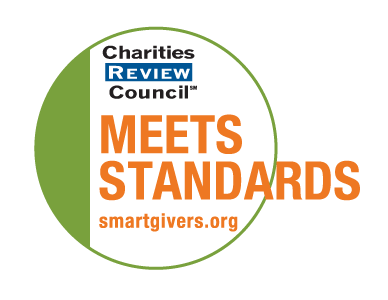This post is the second in a series of three where I discuss body literacy. In case you missed the first post, it is where I broke down the definition of body literacy. In this second part of the series, I will discuss why body literacy matters. So, why does body literacy matter? Let’s find out.
I believe there are three significant reasons why body literacy matters to us and our health: misdiagnosis, preemptive care, and positive health outcomes. When combined, these three benefits can help you live your best, healthiest life possible. Let me explain . . .
Misdiagnosis
Understanding the nuance of your body can be incredibly helpful for your doctor. Knowing that dairy gives you heartburn can mean the difference between changing your diet and being prescribed a medication for acid reflux. Our bodies are incredibly reactive to our environments, the foods we eat, and the beverages we drink. Having an idea of how YOUR body reacts to certain exposures can help you and your doctor better troubleshoot any problems by using deductive reasoning rather than throwing things at the wall and seeing what sticks. Plus, it can help save you a ton of money on unnecessary tests, lab work, and medication. Um, bonus.
Preemptive Care
Body literacy can help you notice warning signs for serious health conditions before they become a problem. Certain cancers, diabetes, and even heart disease, for example, have symptoms, that if caught early and are appropriately addressed, can lead to complete eradication of the initial disease. Unfortunately, many of us, myself included, have a habit of ignoring those little nuisance signals our bodies send us. We take pain medication for chronic headaches, pound caffeine for chronic fatigue, and guzzle antacids for stomach upset.
I honestly think it is a natural human condition to adapt to the pain we feel. However, ignoring that pain or discomfort can put off diagnosis and treatment for serious ailments. Now, that doesn’t mean I am suggesting you run off for a CT scan every time you feel a twinge in your side, but that’s where body literacy comes in once again. People who are body literate tend to be more in-tune with their intuition. And it’s that intuition that tells them whether or not what they are experiencing is within the normal bounds of discomfort, or if it is something to be alarmed about.
Positive Health Outcomes
Body literacy can help you feel more confident in your decision to seek emergency medical care. This is particularly helpful for women and girls. Unfortunately, there is a bias in the medical industry that tends to ignore the pain women experience. This is thought to be because women and girls are more often viewed as being ‘emotional’ or ‘irrational’ about their pain. Combine that with the fact that women are more likely than men to speak up when they are experiencing pain, and it compounds the likelihood of being ignored.
“All in your head” syndrome, as I like to call it, can lead to a serious missed diagnosis like ectopic pregnancy, endometriosis, or even heart attacks. So, being body literate gives you information that can help you stand up for yourself and confidently fight for the treatment you believe you deserve, should the need ever arise. This will undoubtedly lead to being a higher rate of correct diagnosis and intervention, and of course, better health outcomes.
Being an informed medical consumer in the current climate is now more essential than ever. Knowing your body can help you save money, catch serious health conditions early, receive a proper diagnosis, and help you receive the best treatment for your unique situation. For the longest time, we have been told to blindly trust doctors, but it is important to remember that the patient-doctor relationship should be a collaboration. In part 3 of this series, I will be discussing how, exactly, to become body literate. Stay tuned.

